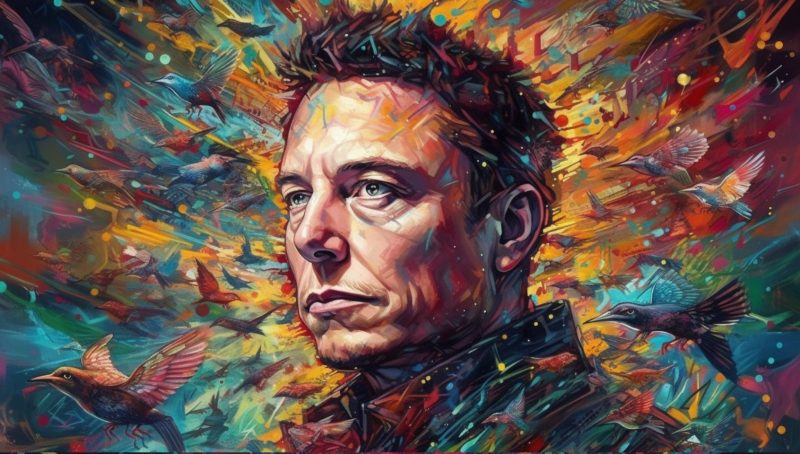
The billionaire snowflake and racist Twitter owner Elon Musk has cancelled the deal he had with Don Lemon to broadcast his new show on his platform that he ruined.
In a twist that underscores the precarious balance between media personalities and tech moguls who hold power over the platforms where their voices are heard, former CNN commentator Don Lemon has leveled a striking accusation against Elon Musk. Lemon claims that Musk, the CEO of SpaceX and Tesla, and now the owner of the social platform formerly known as Twitter, has canceled a deal for “The Don Lemon Show” on the platform. The reason? A recent interview with Musk that, according to Lemon, didn’t sit well with the tech billionaire.
The Intersection of Media and Technology
This incident throws a spotlight on a growing concern in the digital era: the power dynamics between the creators of content and the gatekeepers of the platforms where that content is distributed. Elon Musk, with his recent acquisition of the platform now known simply as “X,” has become one of the most influential figures in deciding what gets seen and heard in the digital sphere.
The Interview that Sparked Controversy
Details of the interview in question have been scarce, but it’s clear that whatever was said or implied, Musk found it disagreeable enough to pull the plug on Lemon’s show. This move raises questions about the nature of editorial freedom when the platform’s owner can directly influence content based on personal reactions or disagreements.
A Broader Trend?
Lemon’s allegations against Musk do not exist in a vacuum. They’re part of a larger narrative where tech leaders exercise their power to shape the media landscape, often in ways that reflect their personal biases or business interests. This trend has sparked debates on the limits of such power and the need for checks and balances to ensure a diverse and free press.
The Ripple Effects
The cancellation of “The Don Lemon Show” on X could have several implications:
- For Don Lemon, this represents a just a small setback. Transitioning from CNN to a new, potentially innovative platform was a bold move that promised to redefine his career, but he has plenty of other platforms, like Youtube and podcast distribution channels.
- For Elon Musk, this incident might further complicate his position as a media mogul. Already a polarizing figure, actions like these could either be seen as Musk taking a stand for his principles or as an alarming display of power over dissenting voices.
- For the Media Industry, this underscores the challenges faced in the digital age, where access to audiences is often gated by tech companies whose interests is not aligned with journalistic integrity.
Looking Forward
As we navigate these waters, several questions loom large. How do we balance the power of platform owners with the need for a free and diverse media landscape? Can and should tech moguls like Musk wield such influence over the content shared on their platforms? And what mechanisms can be put in place to protect the independence of the media from the whims of the powerful?
In inviting comments and discussions on these topics, we not only engage in a crucial conversation about the future of media and technology but also signal the importance of these debates for the health of our public discourse. As this story unfolds, it will undoubtedly serve as a case study for the tensions and potential paths forward in the evolving relationship between media figures and tech giants. Join our discord channel here.
